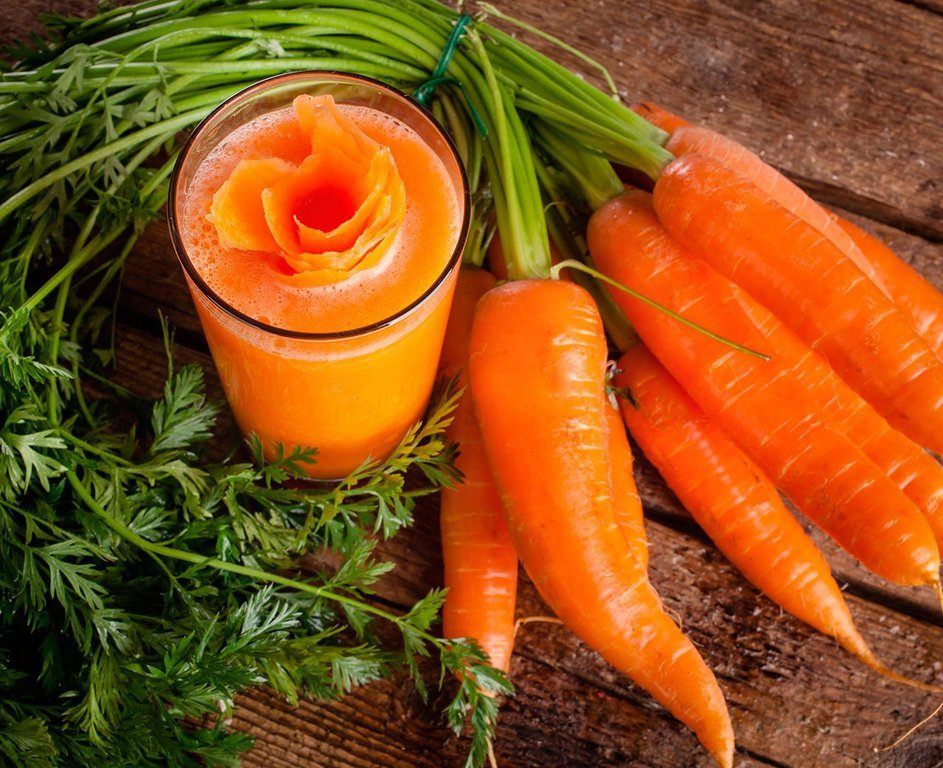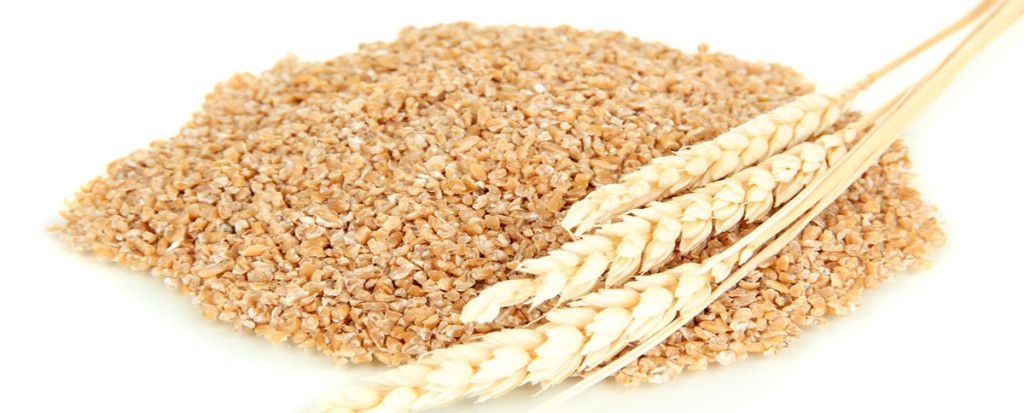
Carrots, the master of beta-carotene
The humble carrot (carotene in Greek) is the richest food in beta-carotene: 832 mcg per 100 g (about 1.1 mg of vitamin A). Perhaps that’s why these compounds have been identified as so valuable for health.
Beta carotenes are antioxidants that are converted in the body into vitamin A, essential for the health of eyesight, skin, mucous membranes and immunity.
Consuming 100 g of carrots a day helps preserve the retina and prevents loss of visual acuity due to macular degeneration, a common cause of blindness in old age. Although it is generally recommended to eat raw vegetables so that the nutrients are not lost by cooking, the carotenoids from carrots are preserved and absorbed even better when cooked or prepared.
 Wheat germ against fatigue
Wheat germ against fatigue
They boost their B vitamins, which are important for the nervous and immune systems and for the production of hormones, enzymes and proteins. Thanks to vitamin E (22 mg / 100 g), they are also a powerful antioxidant that protects the circulatory system, skin and eyes. And many minerals (phosphorus, iron, magnesium, calcium, zinc and potassium) are important for preventing anemia and strengthening bones.
Two tablespoons a day, sprinkled into soups, salads or yogurt, increases resistance to fatigue, which decreases with age.
